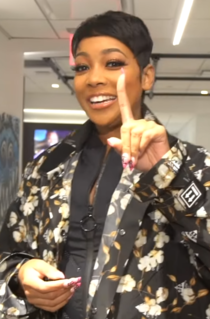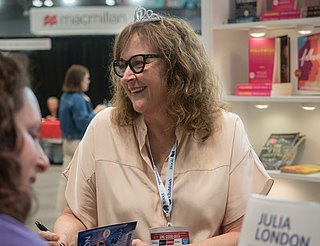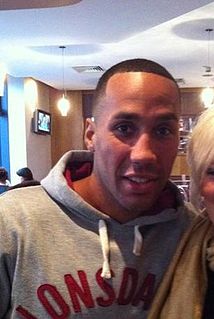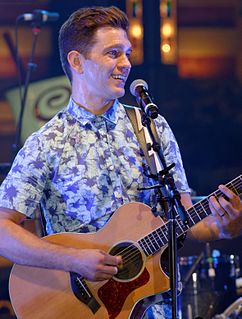A Quote by Terry Pratchett
There's that lovely thing for the first month or two of writing a new book: OK, I don't know what that character's going to do, but we'll find out later. After about three or four months you come to that bit where you've got to put some plot in before it's too late, and you have to go back and start inserting plot, and, ooh, I've left out the literature, OK, lets put some in.
Related Quotes
Usually I work out the plot before I start. This time I thought: Writers always talk about not knowing where a book is going - -I want to experience that, too. What I found out is that it's very interesting, but it takes much longer because you have so many false starts. You take wrong turns and you have to go back and start the whole chapter, or the whole section, from scratch.
Fiction writers come up with some interesting metaphors when speaking of plot. Some say the plot is the highway and the characters are the automobiles. Others talk about stories that are "plot-driven," as if the plot were neither the highway nor the automobile, but the chauffeur. Others seem to have plot phobia and say they never plot. Still others turn up their noses at the very notion, as if there's something artificial, fraudulent, contrived.
Now, everybody knows the basic erogenous zones. You got one, two, three, four, five, six, and seven. ... OK, now most guys will hit one, two, three and then go to seven and set up camp. ... You want to hit 'em all and you wanna mix 'em up. You gotta keep 'em on their toes. ... You could start out with a little one. A two. A one, two, three. A three. A five. A four. A three, two. Two. A two, four, six. Two, four, six. Four. Two. Two. Four, seven! Five, seven! Six, seven! Seven! Seven! Seven! Seven! Seven! Seven! Seven! Seven! Seven! [holds up seven fingers]
I find that I am much slower in the beginning of a book. I am thinking of the plot, of the characters and who they are, and where they are going. I often throw out a lot of the writing I start with, because the characters and plot improve as I write. Or perhaps I should say it is my hope they will improve as I write.
I read some books, and I thought, 'This is better than sliced bread!' and a month later, I couldn't remember thinking about it. And I've read others that were kind of a slog, and I've put them down and come back six months later thinking, 'Wow, this is great.' So, you know, things change all the time.
Everybody burns out in this world; amateur, pro, it doesn't matter, they all burn out, they all get hurt, the OK guys and the not-OK guys both. That's why everybody takes out a little insurance. I've got some too, here at the bottom of the heap. That way, you manage to survive if you burn out. If you're all by yourself and don't belong anywhere, you go down once, and you're out. Finished.
All boxers are OCD. You can see a bit of OCD in me before I go into the ring. I can't put on my right boot before my left. It's the same with my gloves. It's got to always be the left foot and the left hand first. I would freak out if I did it differently. I have to do the left first because that's the way I done it when I won the Olympics.
The plot is very important because writers have to play fair with their readers, but no one would care about the plot if the character work wasn't there. So, basically every book I work on starts with me thinking not just about the bad thing that's going to happen, but how that bad thing is going to ripple through the community, the family of the victim, and the lives of the investigators. I am keenly aware when I'm working that the crimes I am writing about have happened to real people. I take that very seriously.



































